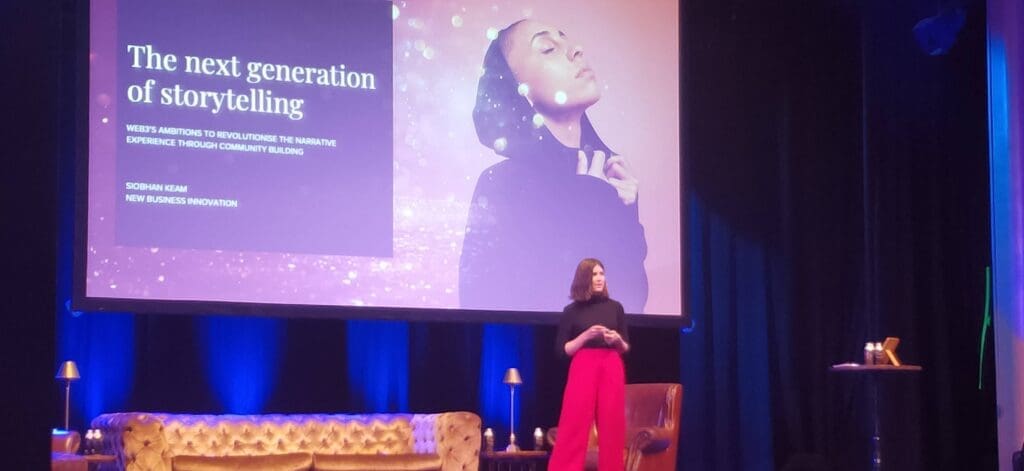It’s book writing season – well, the impending Christmas holidays seems to jiggle us along – and it’s time to put our creative hats on.
Inevitably, some amateur writers will attempt to help their book creation along with some ‘extra pieces’ from others, thus unknowingly break the law. So here we cover the basics of “how to not get sued while writing a book”. (Disclaimer: I am not a lawyer and all of this is not admissible in court!).
Last week I won a book called “Cover Your Arse Online” by Jeanette Jifkins, a very practical online lawyer.
There are a lot of areas where one can walk the tightrope and possibly get sued, but here I will focus on those pertaining to writing a book. (DO NOT COPY IMAGES either).
Firstly, just because something is publicly viewable – or a story you already know – doesn’t mean that it is public domain. Public Domain means something that is out of copyright protection. As it stands in Australia, copyright protection does not expire until the creator has left the earth (i.e. died) for at least 70 years.
In other cases, the person who created it (or the employer of that person) owns the copyright. As Jeanette’s book notes, if an outside writer grants you the right to publish on your website (as a guest poster) you don’t have immediate permission to publish that post elsewhere, such as in a book of all articles. That original creator still owns their copyright.
Similarly, if you write an article for a magazine, the company cannot take your article (they paid for) and re-publish that work in their new book. It still belongs to you, unless there was ‘transfer of copyright’ in a legal contract.
The Fair Dealing Exception in Australia
Another area we can briefly cover here is ‘fair dealing’. If I use a bit of content in the book Cover Your Arse Online as I review it, this is considered fair dealing. I am telling people basically my opinion of the book, my critical review, and not pretending that I wrote it all myself. I paraphrase it as well, not that this practice would save us in copyright use legal claims.
Fair dealing in Aussie copyright law covers:
- Research or study
- Criticism or review
- Parody or satire
- Reporting the news
- Reproduction for professional advice or judicial proceedings
- Enabling a person with a disability to access the material
But only up to 10% of the work. For more info on copying book content, try to decode this ‘what can I copy and re-use‘ article at National Library.
In non-fiction works, I often want to prove a point with an expert’s opinion, but apparently, just noting the author and the book title is not enough to constitute adherence to copyright law. I must seek permission, sigh, or pay the licensing fee, sigh.
If it is a part which is ‘significant’ piece of work, such as Marianne Williamson’s piece “our deepest fear”, take special care. The our deepest fear section could be seen as a significant piece of her book, Return to Love. If Marianne was that kind of person, which she is not, she could sue lots and lots of people. And Zazzle, for they made the famous quotation into a poster.
Get the book, Cover Your Arse Online for sub $16 at Amazon. It may save your butt.
Copyright (c) of Your Works
On the imprint page, you don’t need to write “the author asserts all rights under the Copyright Law of 1968…” because Copyright (c) 2022 Your Name means that. But, you can state, “No part of this publication may be reproduced, duplicated, etc… except in the case of critical reviews, etc…
You can also write a disclaimer, which is important for works containing financial, legal, business or health advice.
You do not own the copyright of a particular book title. Good news, nobody does.

Getting Permission for Use of Others’ Words
I also note that Jeanette included instructions for permission requests, which is handy. If you as an author want to write to a publisher to request permission to use a phrase, make sure you look up the publisher address – as some may have changed or moved since publication.
The Copyright Agency helps to connect with both Australian and overseas publishers, and usually that necessitates a licence fee. The agency is an intermediary between creators and those in business or government or universities who wish to re-use material (words, images, audio). It’s called ‘pay-per-use’ for third party content. This guide covers using newspaper and magazine content within books.
As a personal author, you most likely will do the great hunt for the copyright owner, through the publisher, and get permission that way. I filled the form at the Copyright Clearance Center in US for permission to re-word and publish a summary of a traditionally published book, and because it was for small distribution (< 500, self-published) they did not try to charge for permission, which was a happy surprise. They could have easily charged a few hundred dollars.
A Word on Publishing Contracts
If you are looking at paying for a publishing support package anywhere over $3,000, it would be wise to get someone with legal knowledge to look over the publishing contract. One lady I spoke to recently was gutted that her contract was worded such that if she wrote a book again, it said they had first rights of publication offering for five years. This is not okay for someone who paid up to $12,000 for services and received nil dollars from the exercise. A contract should not ‘automatically renew’: another key point made by a presenter at the writers’ group conference.
When you pay for services from a publisher, they SHOULD NOT get the same rights as a publisher who pays for all services and gives you royalties from the profits. And I am including here those liars who say they pay for distribution and marketing, when in fact they only put the book on print-on-demand distribution and list on their website.
THAT IS NOT MARKETING, PEOPLE!
Well, if you would like actual pre-launch book marketing support, my huge team here offer an amazing value package that is available until sold out, i.e. Myself and my cat, and my back-up editor. (P.S. my cat can’t write, I think she’s afraid of publication).








